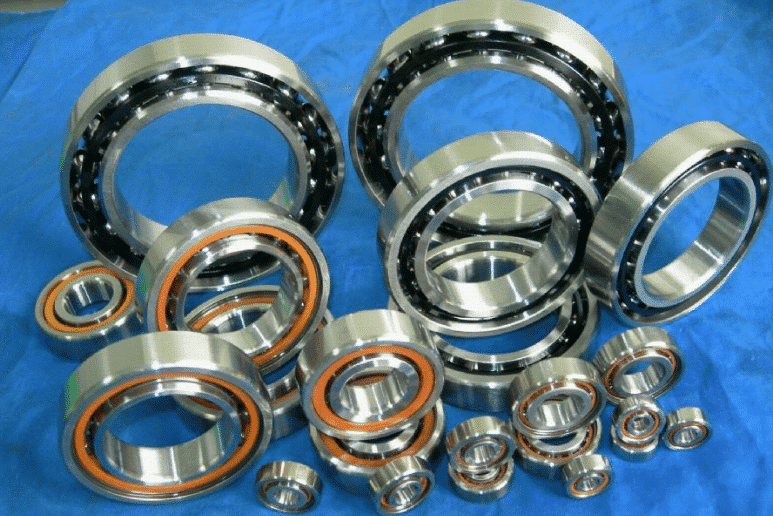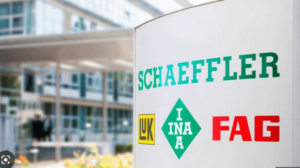
Environmental sustainability has become a critical consideration in the manufacturing and use of industrial products. Bearing manufacturers like NSK and FAG are increasingly focusing on producing environmentally friendly products and adopting sustainable practices. In this article, we will compare the environmental sustainability efforts of NSK and FAG, shedding light on their eco-friendly initiatives, certifications, and commitment to reducing their environmental footprint.
Environmental Sustainability Overview:
The environmental impact of bearing production and usage involves factors such as materials, manufacturing processes, energy efficiency, waste management, and product disposal. Reducing this impact is a shared goal for NSK and FAG.
NSK has made significant strides in promoting environmental sustainability:
ISO 14001 Certification: NSK holds ISO 14001 certification, indicating its commitment to an Environmental Management System (EMS). This certification ensures that NSK complies with international standards for reducing environmental impact throughout its operations.
Energy-Efficient Manufacturing: NSK employs energy-efficient manufacturing processes, including the use of renewable energy sources, such as solar power, in some facilities. These efforts contribute to reduced greenhouse gas emissions.
Recyclable Materials: NSK uses recyclable materials in its bearing production, ensuring that the end-of-life disposal process is more environmentally friendly.
Product Life Cycle Assessment: NSK conducts life cycle assessments to identify and mitigate the environmental impact of its products. This approach helps in designing more sustainable bearings.
FAG is equally committed to environmental sustainability:
ISO 14001 Certification: FAG also holds ISO 14001 certification, signaling its dedication to environmentally responsible operations.
Energy Efficiency Initiatives: FAG focuses on energy efficiency in manufacturing facilities, reducing energy consumption and associated emissions.
Eco-Friendly Materials: The company strives to use environmentally friendly materials in its bearing production. This approach ensures that the products are less harmful to the environment.
Recycling and Waste Reduction: FAG actively promotes recycling and waste reduction efforts, with a particular emphasis on reducing landfill waste.
Comparison of Environmental Sustainability:
Both NSK and FAG are dedicated to reducing their environmental impact and promoting eco-friendly practices. They share ISO 14001 certification, indicating a commitment to environmental management systems. They also prioritize energy efficiency, the use of recyclable materials, and waste reduction.
When choosing between NSK and FAG, customers interested in environmentally sustainable solutions should consider factors such as the location of manufacturing facilities, the source of energy used, and the specifics of their sustainability initiatives. Additionally, NSK’s product life cycle assessment and custom solutions may offer a more tailored approach to environmental sustainability for certain applications.
In summary, both NSK and FAG are proactive in their efforts to reduce their environmental footprint. Their commitment to eco-friendly practices and certifications makes them responsible choices for customers who prioritize sustainability in their bearing solutions.
Note: Environmental sustainability is a dynamic field, and the initiatives of NSK and FAG may evolve over time in response to emerging environmental challenges and opportunities. Customers are encouraged to stay informed about the latest sustainability efforts and practices of these companies.
We support more information about Bearings. you can visit https://cmtgbearing.com. or email us info@cmtgbearing.com.


